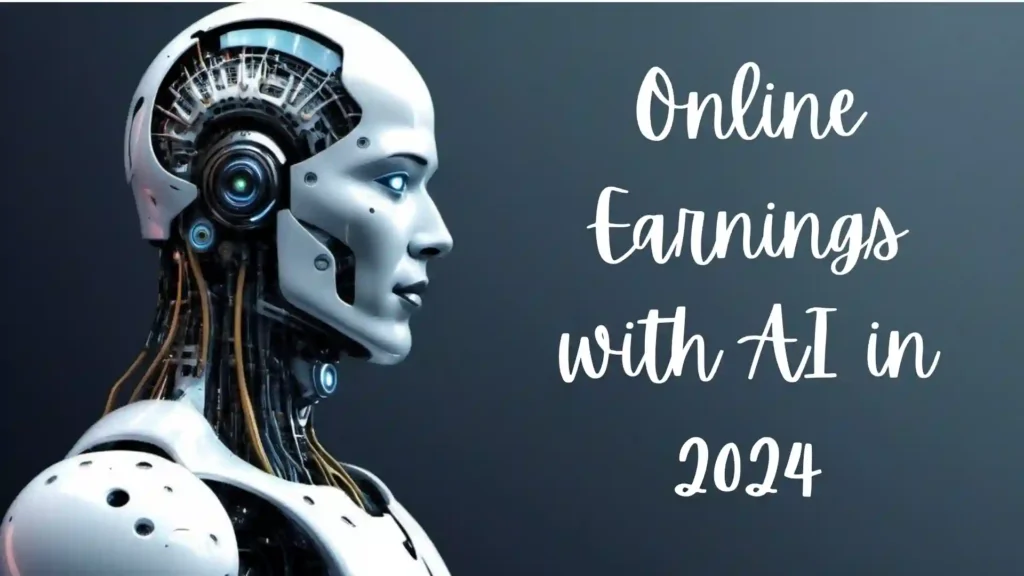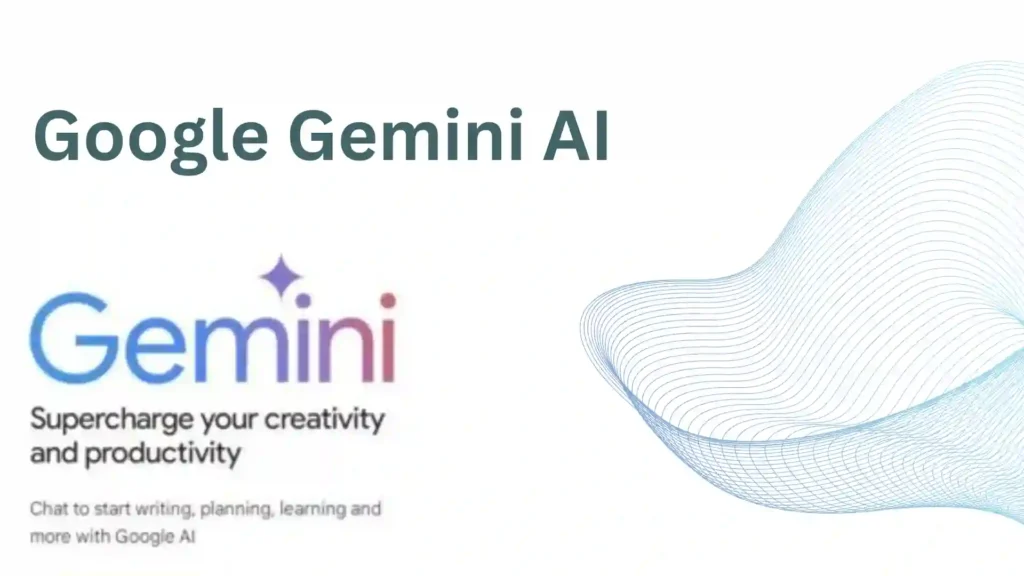When it comes to the medical field, Artificial Intelligence commonly known as AI, has remained caught up in making its impact felt. Beginning from diagnosis to treatment, the advanced application of AI is taking the healthcare industry to levels beyond human comprehension.
That brings us to another important question: How Can AI Help in the Medical Field?
Without further ado, artificial intelligence in healthcare will be discussed in terms of possibilities and real-life applications.
Introduction: How Can AI Help in the Medical Field
Think about a situation in which a doctor can accurately identify diseases, estimate the outcome of the case being treated, and offer a unique approach toward treatment.
It is not a figment of science fiction; rather, it is a reality that is slowly unraveling through Artificial Intelligence. One of the biggest advantages of AI applications is data analysis and learning, which improves the medical field and healthcare delivery.
Now, let us dig deeper into how the application of AI is revolutionizing medicine.
The Role of AI in Diagnostics
One of the most essential components of healthcare is diagnostics, and AI is improving this aspect’s efficiency.
Current diagnostic approaches commonly involve several tests along with the knowledge of the physician, which can sometimes be wrong or take time.
However, AI algorithms can sort through large amounts of data from different origins like medical history, genetics, images, etc.
For instance, IBM Watson, a famous AI system, has helped in identifying diseases that even native doctors cannot diagnose.
Thanks to the capabilities of analyzing millions of medical records, Watson can define patterns and recommend diagnoses that are potentially unnoticeable for doctors.
AI in Predictive Analytics
Another area where AI excels is in the use of predictive analytics. AI is capable of predicting future health events and outcomes by analyzing data collected over time and making patterns out of them. It is useful when treating such illnesses as diabetes or heart disease, for which a timely response has a positive impact on the patient’s condition.
For instance, the model can predict patient’s readmission rates to allow healthcare providers to take measures to avoid such a scenario. These models can also forecast diseases in advance thereby allowing health professionals to intervene and reduce the effects that come with them.
AI in Personalized Medicine
The actual approach of treating patients according to their individuality or personal traits like genes, diet, etc. is known as personalized medicine. The key function of AI in this approach is to use big data to determine the most suitable course of treatment, depending on the case being treated.
This was best seen in the application of AI in oncology, where the field of cancer treatment enjoyed tremendous improvements. Thus, AI solutions are designed to analyze patient’s genetic characteristics and cancer features; as a result, it can suggest the most effective treatment. This is unlike the traditional methods of administering the drugs, where the outcomes may improve but the risk of side effects is also increased.
AI in Medical Imaging
Cancer diagnostics, for instance, relies on medical imaging and that’s where the use of AI adds theoretical knowledge to its practical application. Some of the common computer-aided applications in medicine include; an AI that can read out medical images, including X-rays, CT scans, and MRIs, with almost perfect accuracy and sometimes more accuracy than a human radiologist.
For example, Google’s DeepMind AI can identify diseases of the retina in scans and is as accurate as top professionals in the field. In recurrences, especially where specialized medical professionals are scarce, this technology gains merit by offering the right and timely diagnoses.
AI Contribution to Drug Discovery and Development
It generally takes a long time and costs a lot of money to find a single drug and then develop it. AI can help automate this process by pointing out the drugs that may potentially be beneficial in dealing with the specified biological conditions.
One example is the CEE startup Insilico Medicine, a biotech company that leverages artificial intelligence for drug discoveries. Utilizing AI, Insilico Medicine can easily estimate the effectiveness of a brand-new drug and possible adverse effects on the organism, which saves much time and money on new medication development.
AI in Robotic Surgery
AI implementation in surgical operations: Robotic surgery is another application of AI in the medical field. Surgical robots that incorporate artificial intelligence have the capability of handling intricate surgical data and working with a lot more accuracy than conventional surgery, while at the same time being less invasive than surgery.
For instance, the da Vinci Surgical System enables surgeons to operate on patients and use small instruments on the patient’s internal organs through a video console while receiving feedback from the AI system in real-time.
It also benefits the surgeon by providing him with better capabilities so that the patient consistently receives the best results has a shorter recovery from the operations he endures, and has fewer chances of complications.
AI in Patient Monitoring
Robust patient-nearest monitoring is required for effective chronic care and complication avoidance. Smartwatches or other packs worn by the patient and sensors integrated with cloth can monitor health indicators, including rates of heart rate, blood pressure, or glucose level, in real time and give doctors useful information about the state of patients’ health.
For instance, the Apple Watch with supervised learning algorithms is capable of identifying abnormal heartbeats and reminding users of their health conditions. These devices could also furnish healthcare providers with steady information, which helps to check on the patient frequently and change the treatment procedures if necessary.
AI in Administrative Tasks
The appointment of documentation of the patients’ data, and invoicing procedures often consume a lot of time with a high likelihood of making mistakes. Healthcare technologies like AI can assist in performing many of these activities, thereby allowing as many care professionals as possible to spare time to attend to patients.
AI-driven chatbots can schedule appointments and answer frequently asked questions from patients, thus freeing up healthcare workers. Another way in which the use of AI can add value is in billing and coding, where the use of intelligent algorithms can lead to correct and fast work.
AI in Mental Health
Depression and other mental disorders are becoming an increasingly common issue that manifests itself in societies across the globe, and AI stepped forward to assist in meeting this problem. Such applications can also offer patients mental health consultations, regularly assess a patient’s mental state, and even anticipate a person’s next psychological emergency.
Woebot is one such app that involves a chatbot that has been developed through AI and aims at assisting users through CBT. Woebot can interact with its users through direct messages, where it provides support and advice regarding mental health disorders. This technology extends the means of getting help to individuals who cannot afford traditional antidepressants.
AI in Pandemic Response
The rise of COVID-19 was an option that emphasized quick actions and essays to combat the disease. AI was deployed in efforts to control the virus, ranging from its early spread forecast to the speed at which the vaccine was developed.
AI’s were effectively utilized for infection dynamics analysis and formation of future hot regions and areas, thus directing governments and health organizations to deliver resources. AI also helped in the discovery of COVID-19 vaccines by suggesting appropriate candidates to create vaccines and streamlining the trial process.
Case Studies: AI in Action
Case Study 1: Breast Cancer Detection
Since the ability of artificial intelligence to diagnose diseases is a focus of many researchers, a study led by MIT researchers worked on creating an AI model that can identify breast cancer using mammograms.
Alcon found that an AI system analyzed the images better than humans alone by as much as 91 percent, correctly flagging cancerous tissues and minimizing false positives. It is an important discovery that has the possibility of elevating the screening process for breast cancer to higher levels of effectiveness and efficiency.
Case Study 2: Predicting Kidney Disease
Google Deep Mind has trained an AI model for the prediction of AKI up to 48 hours before, instead of using it for diagnosing the disease. Subgroups received real-time information from the model by entering patient information, such as vital signs and laboratory data, intending to identify AKI risk factors.
This can help in early detection could prevent more severe damage to the patient’s health, and could save costs from additional medical treatments.
The Challenge of AI
Despite its promising potential, AI in healthcare faces several challenges.
Data Privacy and Security: Patient data that is released is sensitive and therefore there must be a strong security detail to ensure that the information is not mined by third parties.
Regulatory Approval: However, since the medical devices and applications driven by Artificial Intelligence are part of healthcare delivery systems, they will undergo comprehensive testing and approval processes.
Bias and Fairness: There is a positive training effect on certain models; this implies that AI models will also be biased if trained on stereotyped data.
Integration with Existing Systems: I chose to focus on the advanced implementation of AI in already existing infrastructures in healthcare systems in the following ways:
Ethical Considerations: It is now clear that decisions made regarding patients can be made based on their conditions and as such, bring about ethical issues that revolve around the use of AI in health care.
Future Applications of Artificial Intelligence in Medicine
AI’s presence in medicine has become more prominent in recent years, and future research is expected to bring significant innovation to the field of healthcare.
Improved Diagnostics: Improved imaging instruments and other diagnostic equipment offer shorter durations and higher accuracy.
Personalized Treatment Plans: Proper treatment strategies that are specific to the discovered genotype and phenotype of a particular patient.
Efficient Drug Development: There will be increased rates of discoveries and development of drugs and therapies.
Robust Health Monitoring: High-tech clothing that can track health information sooner or later.
Enhanced Patient Care: The efficient healthcare solutions that could be provided with the aid of developed applications and artificial intelligence.
Also Read: How Will be the Future of AI Engine Technology
Conclusion
Machine intelligence technology is gradually redefining the healthcare sector in terms of diagnostic accuracy, predisposition treatment, effective administration of clinical workflows, and patient tracking.
It is worth mentioning the number of challenges that encouraged the thought of using AI in healthcare despite obstacles. In the future, AI is expected to remain a crucial element in healthcare; with the assistance of machines and computers, the healthcare system will improve the possibilities for greater effectiveness and accessibility for all.



